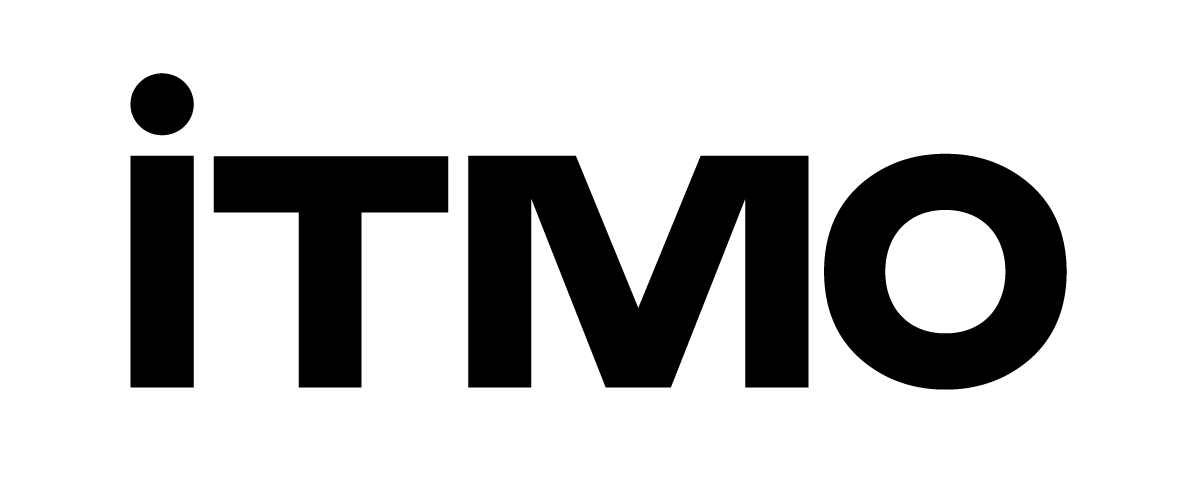Our students and teachers publish in international and Russian journals and participate in scientific conferences
SCIENCE

Research areas
- Network analysis techniques
- Comparative genomics
- Analysis and visualization of gene expression data
- Investigation of genetic disorders associated with diseases
- Metagenomic sequencing data analysis
- Animal and population genomics
Opportunities for students
- Publishing Research Papers
By the end of your degree, you may have a paper ready to be published or already published in a scholarly journal, usually based on the results of a thesis project. To do this, you will study academic writing, participate in a journal club, and write a research paper. - Participation in scientific conferences and schools
Starting from the first semester, you can participate in scientific conferences and schools, including international ones. - Internships
As part of your research work, you will complete a mandatory internship at ITMO scientific centers or at partner organizations. You can also choose your place of work as an internship if it is directly related to your studies.
PUBLICATIONS
Shiny GATOM: omics-based identification of regulated metabolic modules in atom transition networks
Nucleic Acids Research, gkac427
Nucleic Acids Research, gkac427
GWAS of depression in 4,520 individuals from the Russian population highlights the role of MAGI2 (S-SCAM) in the gut-brain axis
Front. Genet. 13:972196.
Front. Genet. 13:972196.
Prioritization of disease genes from GWAS using ensemble-based positive-unlabeled learning
European Journal of Human Genetics, 2021; 29(10), 1527−1535.
Chromosome-level genome assemblies of the malaria vectors Anopheles coluzzii and Anopheles arabiensis
Gigascience 10.3 (2021): giab017
Gigascience 10.3 (2021): giab017
Chromosome-Length Assembly of the Baikal Seal (Pusa sibirica) Genome Reveals a Historically Large Population Prior to Isolation in Lake Baikal
Genes. 2023; 14(3):619.
Genes. 2023; 14(3):619.
Genotype imputation and polygenic score estimation in northwestern Russian population
PLoS ONE 17(6): e0269434.
PLoS ONE 17(6): e0269434.
STUDENTS' RESEARCH PROJECTS
- During the second term, each student works on an individual or group course project, which might be further developed into a Master's thesis.
The projects are supervised by the leading experts from Russian and foreign scientific centers working in bioinformatics. - During the second year of education, students work on their Master's theses.
The projects are supervised by the leading experts from Russian and foreign scientific centers working in bioinformatics.
Academic partners
Bioinformatics Institute
The main area of research is human genetics and application of bioinformatics methods for analysis of whole genome sequencing data.
Artyomov Lab Washington University in St. Louis
Research in immunometabolism, cancer immunology and aging immunology.
V.A. Almazov Scientific Research Center
Study of the molecular genetic basis of the emergence and treatment of cardiovascular diseases, as well as diseases of the blood and endocrine organs.
Smithsonian-Mason School of Conservation, George Mason University
Assembling genomes de novo, annotating them, studying genome organization, animal genetic diversity, and population demographic history.
St. Petersburg State University
Analysis of genomic instability in different types of cancer and other diseases, identification of genetic disorders that contribute to disease development, and prediction of their impact on genes and proteins.
INTERNATIONAL OFFICE
CONTACTS
MASTER'S PROGRAM
Bioinformatics
and systems biology
and systems biology




